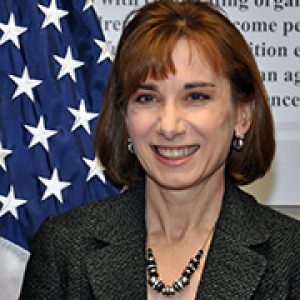Rafael Fábrega is the Tetra Laval Food for Development Director, based in Stockholm, Sweden. In his role, he is responsible for leading the global Food for Development team in providing value-added support and technical assistance to Tetra Pak’s customers in collaboration with Governments, NGOs, UN and International Development Agencies with the objective of implementing sustainable school feeding and nutrition programmes linked to local agricultural development.
Rafael has a Master’s Degree in International Business Administration from the Wayne Huzienga Business School at Nova Southeastern University and a BBA Degree from Loyola University New Orleans. He has more than 20 years of experience in international business development with a specialization in creating public-private partnerships to address food security and nutrition challenges.
The company has a long history and tradition of active participation in the development of school feeding programmes and sharing their experiences and best practices used around the world. Today, more than 68 million children in 56 countries receive milk and other nutritious beverages in Tetra Pak packages at school.
To learn more about Tetra Pak’s work in school feeding programs, visit
this link.





